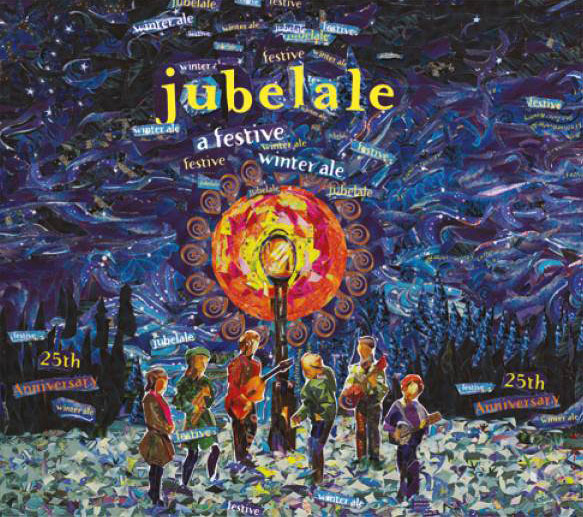Thought he doesn’t connect these ideas specifically in his book, I was struck by several passages in Robert Alter’s The Art of Biblical Poetry where the power of the text is manifest through the relative smallness of Hebrew vocabulary and grammar.
Studying Ethiopian Amharic lately made me much more aware of this. For example, in English we have the words “stick”, “cane”, “staff”, and “club”. Look up any of these in Amharic and you get the same single noun: “dula”. Hebrew, being a Semitic language like Amharic shares many of its traits.
In discussing various biblical poetic passages, Alter draws attention to how the author uses the vagueness of the words he has at his disposal to great effect. This is light-years away from English, where we have by far the most vast dictionary of any civilization in history – stealing words from everyone and incorporating them into our lexicon. On the one hand, this makes English the most potent and flexible of all mediums for poetry but it also PREVENTS it from working the sort of magic that is sometimes going on in scripture. This doesn’t work so well with an audience that expects more exactitude.
Here are a few notable examples of what I’m talking about:
—
In Jeremiah 4, the Hebrews are warned that the land will be made desolate. The word for “land” is ‘eretz, which is also the word for “earth”. So is the prophet talking about something small and local or grand and eschatological? Perhaps both at the same time.
By contagion, the land is not dissociated from all the earth, and the desolation that will overtake it is a terrifying rehearsal of the utter end of the created world. Thus, the very attachment to hyperbole and the intensifying momentum of the poetic medium project the prophet’s vision onto a second plane of signification.
p.155
—
For then I would have lain down and been quiet;
I would have slept; then I would have been at rest,
with kings and counselors of the earth
who rebuilt ruins for themselves,
or with princes who had gold,
who filled their houses with silver.
(Job 3:13-15)
Our English translation is actually quite a bit more exact than the original. The translators made a lot of decisions about the meaning.
Kings and counselors rebuild ruins in the cycle of creation and destruction that is the life of men – or perhaps, since Hebrew has no “re” prefix, the phrase even suggests, more strikingly, that what they build at the very moment of completion is to be thought of as already turning into ruins.
p.81
Do you rebuild ruins or BUILD ruins? In Hebrew – it’s the same thing. The irony is preserved.
—
A false balance is abomination to the Lord: but a just weight is his delight.
(Proverbs 11:1 KJV)
Alter describes this passage from proverbs as being more “disturbing” in the original. I have to agree.
“Two kinds of weights, two kinds of measures” [in other translations] (literally, “weight and weight, measure and measure”). God’s decisively negative judgment against crooked business practices is paramount in both versions, but the riddle form makes it possible for us to apprehend more immediately the disturbing contradiction inherent in double standards, weight and weight, measure and measure.
p.178




